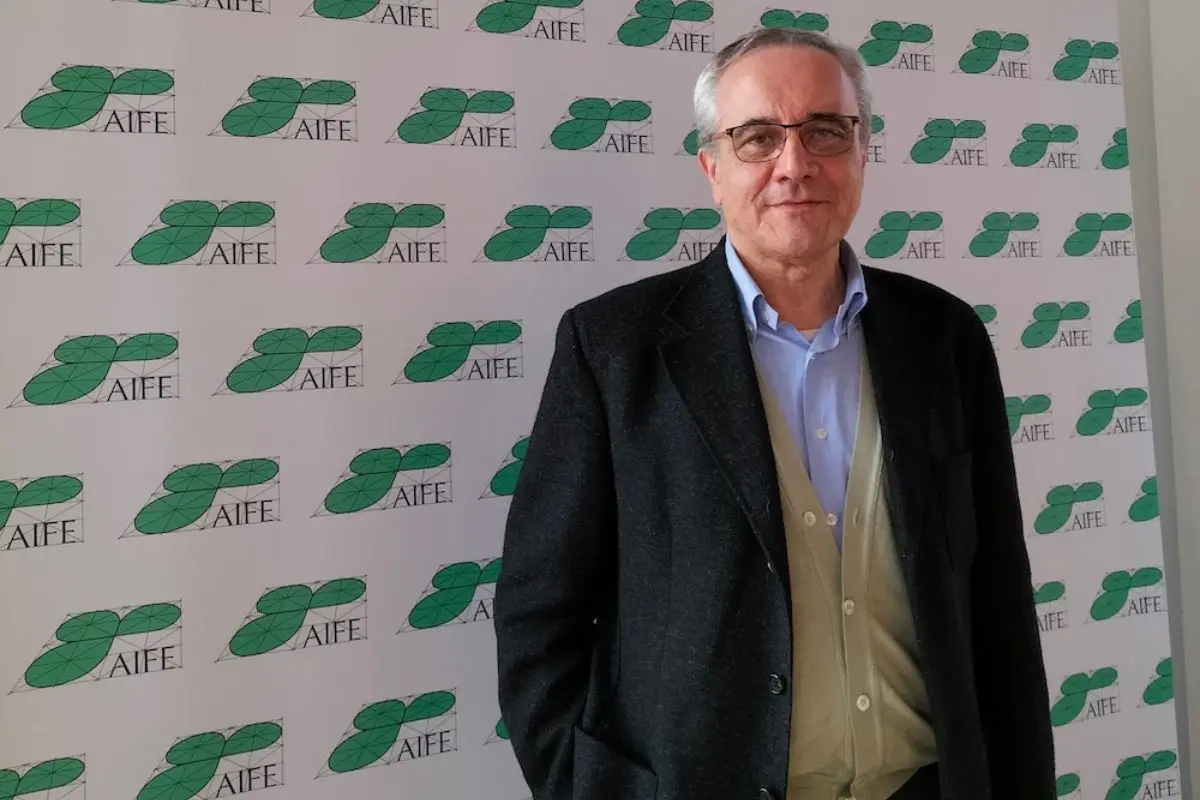
Dried fodder: Italian-Spanish alliance begins
Aife and Aefa give life to a three-year project worth 1,180 million euros, financed by the EU

Gianluca Bagnara (president of italian association): "Our products are more sanitized than average, GMO-free and rich in fibre"
In 2024 Aife/Filiera Italiana Foraggi, together with the Spanish Aefa (National Association of dehydrated alfalfa producers) will be the protagonist of a large three-year project (2024-2026) aimed at promoting European dried and dehydrated fodder in some important Asian countries such as Japan, Vietnam, Indonesia and Taiwan.
The project will start in these weeks and 80% of its total value, equal to 1,180,000 million euros, will be financed by the EU.
Participation in sector trade fairs, meetings with local representatives of the sector, creation of informative material both through the publication of technical articles and via the web represent the most important cornerstones of the project.
“The four Asian countries that we have identified – explains Luis Machin , director of Aefa – constitute a very interesting target for the dried and dehydrated alfalfa sector and in turn interested in knowing the characteristics of our products in order to then be able to use them correctly, together the advantages deriving from a livestock diet based on dehydrated fodder compared to other solutions on the market. Together with Italy, Spain is the main European producer of dried and dehydrated alfalfa and for this reason it is important that our future and potential customers know that in the Old Continent there is a large industry that can guarantee a stable supply over time and of excellent quality".
Aefa groups together 58 associated companies and in the 2020/2021 campaign it achieved a production of dried and dehydrated alfalfa equal to over 1.4 million tonnes, 80% of which destined for export, on a total surface area of 250 thousand hectares located mainly in the Ebro Valley and in the regions of Castile and Leon.
In 2023, the drought hit Spain hard and while initial estimates indicated a 50% contraction in alfalfa production, the latest projections, as Luis Machin points out, “speak of a 25% decline compared to the previous year. The issue of water management in Spain is particularly sensitive, especially due to climate changes which from now to future years will require increasingly careful, efficient and rational management. The situation is even more serious in some Asian countries such as those we have identified for the implementation of the project where, due to climatic conditions, poor soil fertility as well as reduced water availability, the production of high quality fodder is limited; at the same time, however, the demand from the livestock industry is constantly increasing and dried and dehydrated alfalfa represents a vital source of nutrition for animals thanks to the indispensable nutritional components present in it. For this reason – concludes Machin – imports of dried and dehydrated alfalfa from countries such as Italy and Spain can guarantee a constant supply throughout the entire year”.
“The real challenge – intervenes Gian Luca Bagnara , president of Aife/Filiera Italiana Foraggi (photo) – is to be able to make the quality standard of European fodder known to foreign markets. Compared to the USA, which represents our main competitor, the European product differs in three fundamental characteristics: thanks to the heat treatment to which it is subjected, it guarantees the highest level of sanitisation, it is GMO-free and is particularly rich in fibre. The three years that await us linked to the project that we will carry out together with the Spanish Aefa will certainly be challenging - concludes Bagnara - but equally full of satisfactions and opportunities to make the most of the dried and dehydrated fodder sector for the benefit of the health and well-being of the animals as well as environmental sustainability".
EFA News - European Food Agency